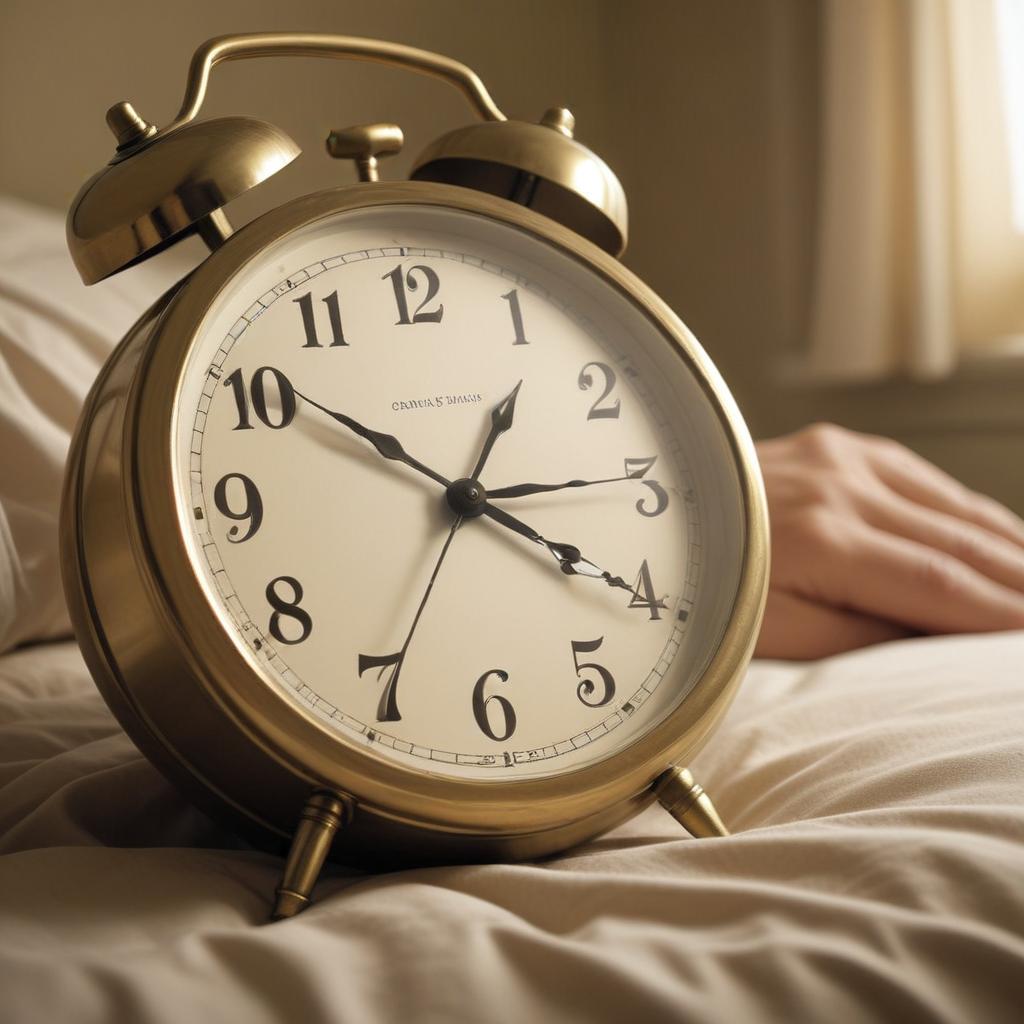Daylight Saving Time is coming, and it's not just about losing an hour of sleep. Discover the surprising health risks and how to prepare your body.
Daylight Saving Time begins Sunday at 2 a.m. in most of the U.S., and losing that hour of sleep can have significant health consequences beyond just feeling tired and cranky. Studies have shown an increase in heart attacks and strokes after the time change, likely due to the disruption of the body's natural circadian rhythm. The brain's master clock is set by sunlight and darkness, and the shift in light patterns can delay the surge of melatonin, leading to sleep problems. Sleep deprivation is linked to various health issues, including heart disease, cognitive decline, and obesity. To prepare for the time change, gradually shift your bedtime earlier in the days leading up to it and get early morning sunlight to help reset your body clock. Avoid afternoon naps, caffeine, and evening screen time. While there's ongoing debate in Congress about making daylight saving time permanent, health groups recommend sticking with standard time year-round for better sleep and overall health.



